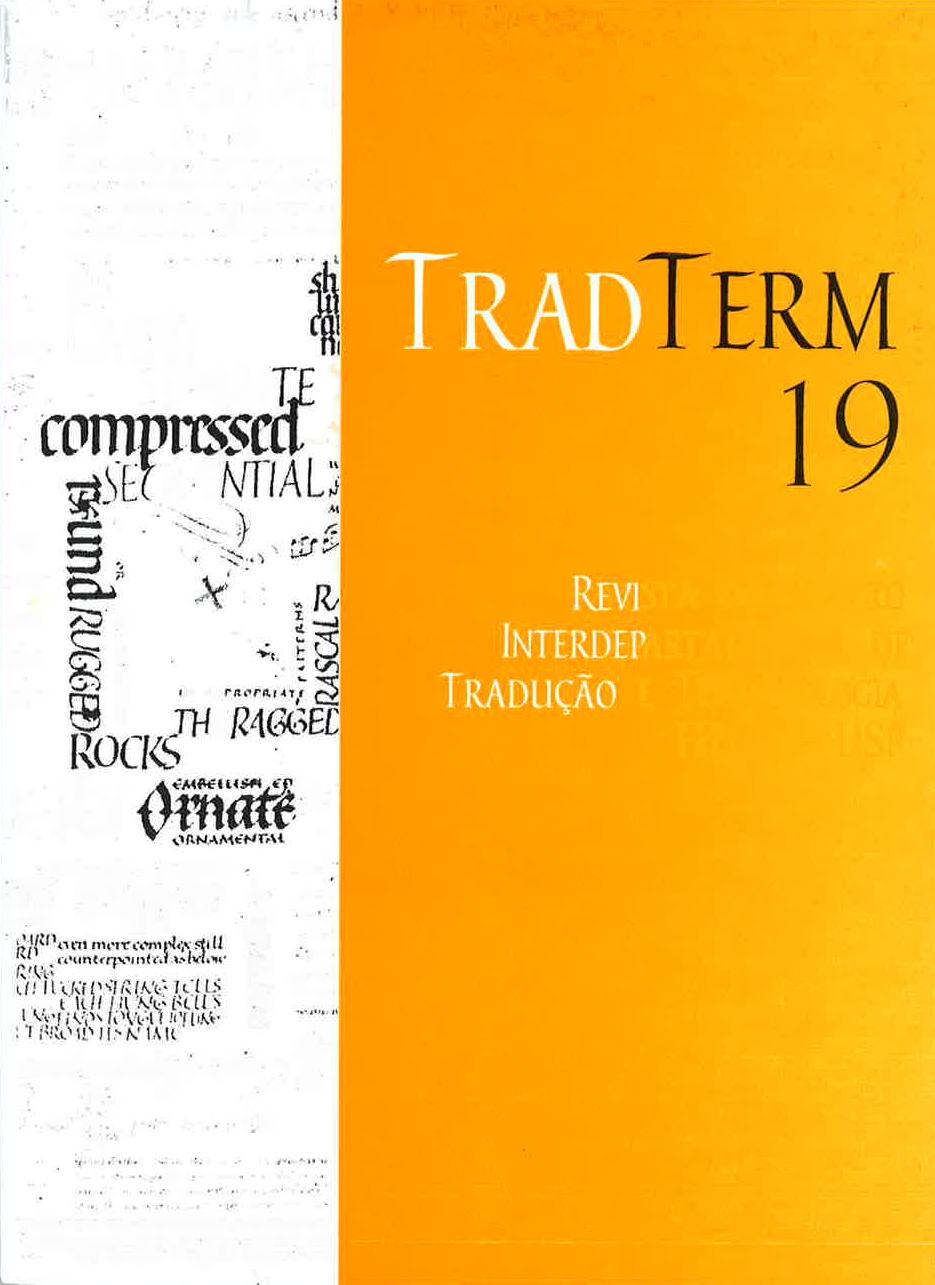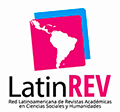Video game localization: the case of Brazil
DOI:
https://doi.org/10.11606/issn.2317-9511.tradterm.2012.47438Keywords:
Video Games, translation, localization, video game localization in Brazil.Abstract
When the first video games appeared back in the 1950's, they presented themselves as a technology with great potential and a bright future. What not many people expected is that, nearly half a century later, video games would become a multibillion dollar industry, rivaling other important industries of the entertainment world such as the film and the music industries in terms of revenue and popularity. With the growing expansion of the sector, combined with the necessity of making their games global, many developers and publishers are increasingly investing in translation and localization. This paper gives an overview on the relation between video games and translation at different stages of the development and evolution of the industry. It also addresses, through the analyses of a number of games, the different stages of video game localization in Brazil, with its particularities and idiosyncrasies. The analysis is based on the concept of “gameplay experience” by Mangiron and O’Hagan, in addition to making use of other principles presented by Bernal Merino, Scholand and Dietz. It also focuses on the historical development of video games in Brazil and the way translation is utilized and displayed on the screen from the perspective of a video game player.Downloads
Download data is not yet available.
Downloads
Published
2012-06-18
Issue
Section
Articles
License
Autores que publicam nesta revista concordam com os seguintes termos:
- Autores mantém os direitos autorais e concedem à revista o direito de primeira publicação, com o trabalho simultaneamente licenciado sob a Licença Creative Commons Attribution BY-NC-SA que permite o compartilhamento do trabalho com reconhecimento da autoria e publicação inicial nesta revista.
- Autores têm autorização para assumir contratos adicionais separadamente, para distribuição não-exclusiva da versão do trabalho publicada nesta revista (ex.: publicar em repositório institucional ou como capítulo de livro), com reconhecimento de autoria e publicação inicial nesta revista.
- Autores têm permissão e são estimulados a publicar e distribuir seu trabalho online (ex.: em repositórios institucionais ou na sua página pessoal) a qualquer ponto antes ou durante o processo editorial, já que isso pode gerar alterações produtivas, bem como aumentar o impacto e a citação do trabalho publicado (Veja O Efeito do Acesso Livre).
How to Cite
Souza, R. V. F. de. (2012). Video game localization: the case of Brazil. TradTerm, 19, 289-326. https://doi.org/10.11606/issn.2317-9511.tradterm.2012.47438








